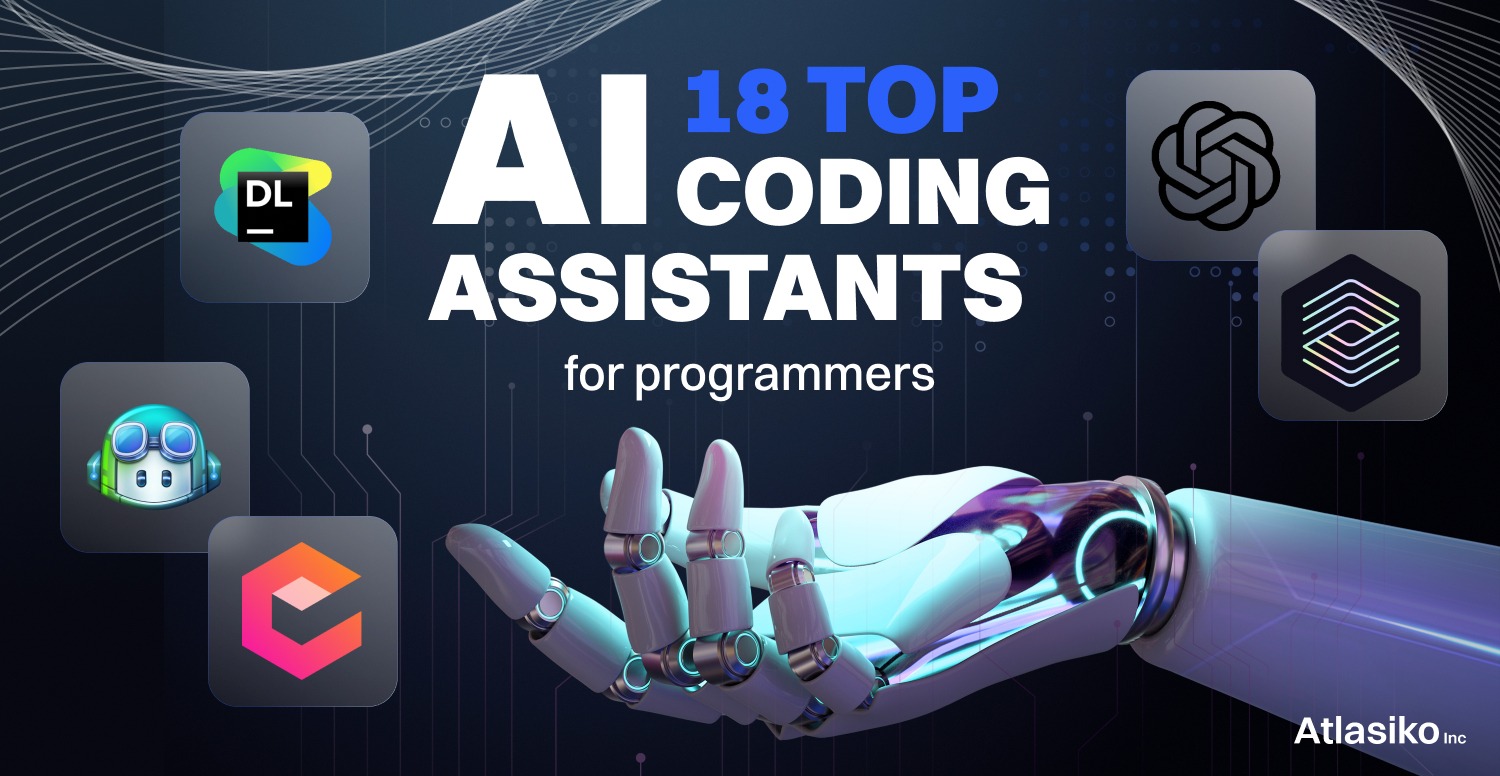
The Rise of Large Language Models: Separating Hype from Reality
The recent surge in the development and deployment of Large Language Models (LLMs) has sparked intense debate about their potential to revolutionize the coding landscape. While some enthusiasts claim that LLMs are the future of coding, others remain skeptical about their capabilities. In this article, we will delve into the limitations of LLMs in coding tasks and explore the reasons why they are not the silver bullet that many make them out to be.
The Misconceptions Surrounding LLMs
After publishing our previous article, “Why LLMs are Not Good for Coding,” we received a flurry of comments on social media, with some users claiming that they have successfully used LLMs like ChatGPT for coding tasks. While we acknowledge that LLMs can be useful in certain contexts, we must separate the hype from reality and examine the underlying limitations of these models.
 Coding with AI: Separating Hype from Reality
Coding with AI: Separating Hype from Reality
The Limitations of LLMs in Coding
One of the primary limitations of LLMs in coding is their lack of understanding of the underlying context and semantics of the code. While they can generate code snippets, they often fail to grasp the nuances of the programming language, leading to errors and inconsistencies. Moreover, LLMs are only as good as the data they are trained on, and biases in the training data can perpetuate errors and inaccuracies in the generated code.
“I am using ChatGPT for coding and it works perfectly fine.” - Social media comment
While it is true that some users have reported success with using LLMs for coding, we must be cautious not to generalize these experiences to the broader coding community. The reality is that LLMs are not yet ready to replace human coders, and their limitations must be acknowledged and addressed.
The Future of Coding: Human-AI Collaboration
So, what does the future of coding hold? Rather than pitting humans against LLMs, we should focus on developing collaborative systems that leverage the strengths of both. By combining the creativity and problem-solving abilities of humans with the processing power and scalability of LLMs, we can create a more efficient and effective coding ecosystem.
 The Future of Coding: Human-AI Collaboration
The Future of Coding: Human-AI Collaboration
Conclusion
In conclusion, while LLMs have the potential to augment certain aspects of coding, they are not the panacea that many claim them to be. By understanding the limitations of LLMs and focusing on human-AI collaboration, we can create a more sustainable and effective coding ecosystem that leverages the strengths of both humans and machines.















